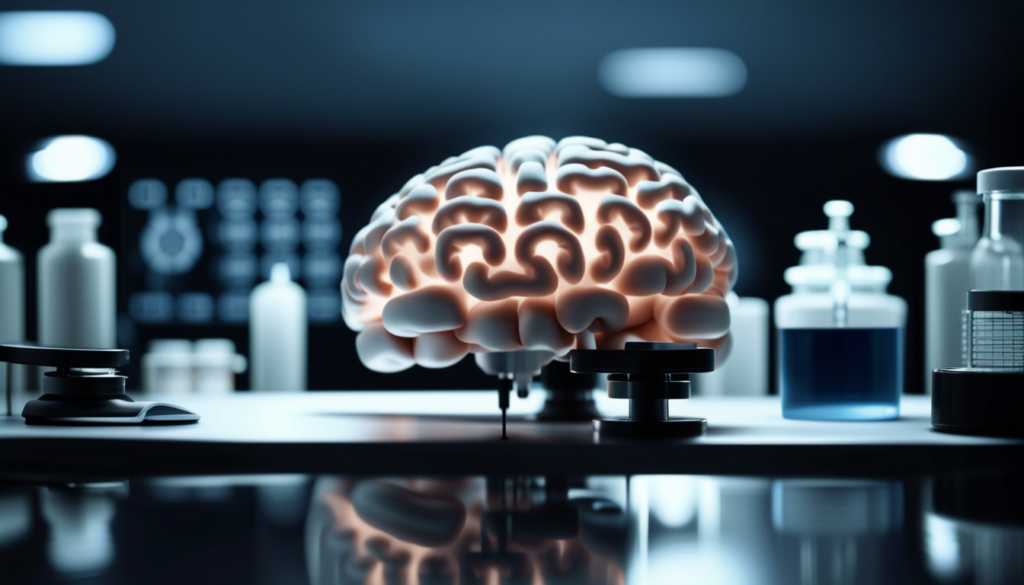Mental disorders are complex and multifaceted conditions that affect our mental well-being. They typically manifest as deviations in thinking, emotions, and behavior, creating challenges in everyday life. Understanding the mechanisms of mental disorders is a key aspect of psychological research. Mental disorders pose one of the most intricate and prevalent challenges in modern psychology. They can significantly impact a person’s quality of life, their ability to function, and interact with the world around them.
In this article, we will explore the role of psychology in studying mental disorders and some of the challenges that scientists face in this field. We will also examine the psychology of mental disorders and methods of diagnosis to better understand and assist individuals suffering from such conditions
Understanding the mechanisms of mental disorders
Psychologists study mental disorders to understand how they arise and how they impact our psyche. One of the key tasks in this field is identifying the factors that can contribute to the development of mental disorders, such as genetic, environmental, and social factors. Psychologists analyze various approaches, such as psychoanalysis, positive psychology, behavioral and cognitive therapies, to delve into the causes and effective methods of treatment.
The value of research in psychology of mental disorders
Research in psychology helps not only to understand the causes and manifestations of these disorders, but also to develop more effective methods of diagnosis and treatment. Thanks to this research, psychologists can offer evidence-based approaches to working with individuals suffering from mental disorders. Furthermore, they contribute to reducing the stigma associated with mental disorders and help increase public understanding and support for those in need.
Challenges in studying mental disorders
Studying mental disorders also faces certain challenges. One of them is the complexity of diagnosis, as many mental disorders have diverse symptoms and can manifest differently in different individuals. Moreover, these disorders can be associated with other factors, such as physical illnesses, which further complicates accurate diagnosis. Another challenge is the restricted access to information and collaboration with patients, especially in research related to more severe and rare mental disorders.
Methods of diagnosing mental disorders
1. Understanding Mental Disorders:
Mental disorders not only affect a person’s thoughts and emotions but also their behavior. Understanding these disorders begins with studying and examining their causes, symptoms, and effects. Psychologists and medical professionals work together to identify and classify various mental disorders. Knowledge and understanding of these disorders help in developing effective diagnostic methods.
2. Classification and Diagnosis of Mental Disorders:
For a more convenient and accurate determination of mental disorders, a classification system called the Diagnostic and Statistical Manual of Mental Disorders (DSM) has been developed. DSM provides standards for diagnosing different mental conditions and helps establish a common language among psychology and psychiatry professionals.
3. Interviews and Observations:
The primary methods of diagnosing mental disorders are clinical interviews and observations. During interviews, patients describe their symptoms and issues, which help in determining a diagnosis. Observations allow specialists to observe the patient’s behavior and emotional reactions in different situations and contexts.
4. Tests and Questionnaires:
Tests and questionnaires are important tools in assessing mental disorders. They allow for systematic collection of information on the patient’s psychological processes and symptoms. These instruments can cover various aspects, including mood, anxiety, memory, attention, and cognitive functions.
5. Neuropsychological Methods:
Advancements in neuropsychology enable a more precise study of mental disorders. By using techniques such as functional magnetic resonance imaging (fMRI) and electroencephalography (EEG), specialists can investigate brain activity and connections between different brain regions to gather additional information about mental disorders.
Mental disorders pose a significant challenge for those who suffer from them. Understanding the psychology of mental disorders and employing effective diagnostic methods is an important step towards providing assistance and support to such individuals. Through systematic use of interviews, observations, tests, and neuropsychological techniques, specialists can establish a diagnosis and develop individualized treatment and support plans. This opens the way to better understanding and improving the quality of life for people with mental disorders.


